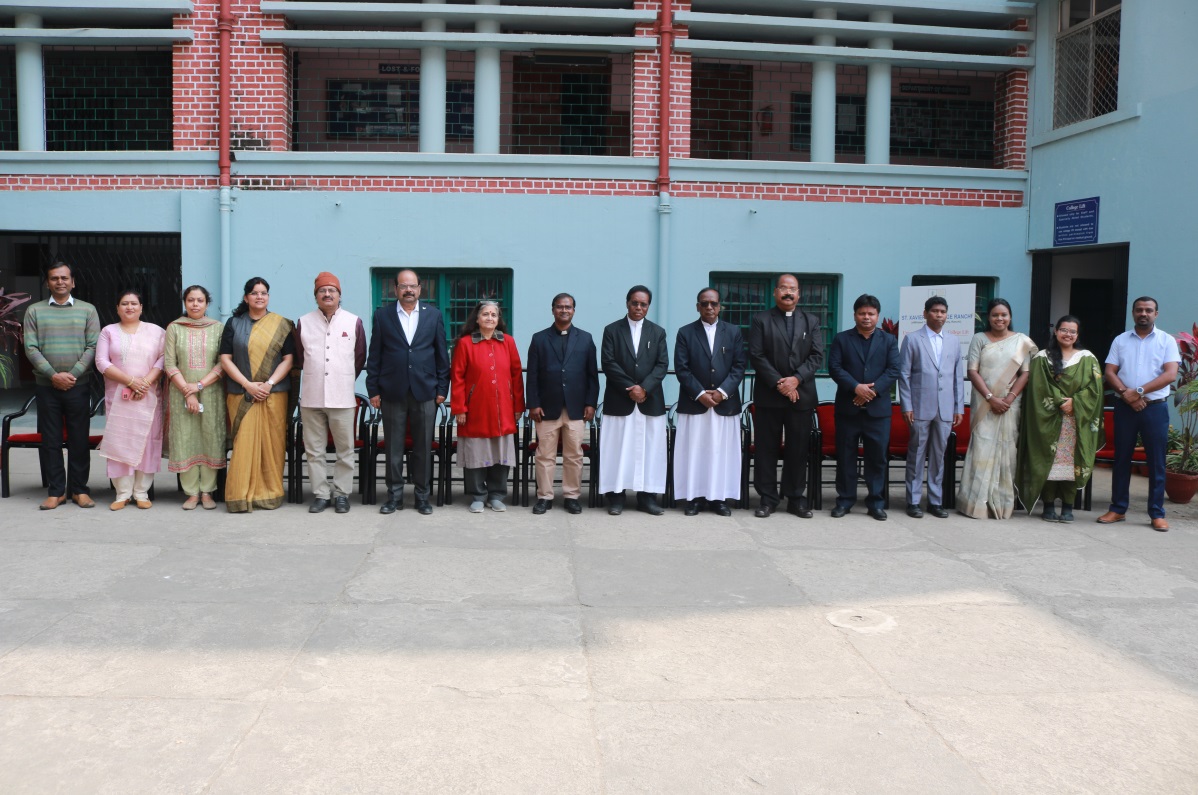Courses Offered
In 2003, UGC had come out with a core module syllabus for compulsory implementation of Environmental Studies at the undergraduate level as per directives of the Hon’ble Supreme Court of India. Further, in 2015, UGC framed an 8 unit’s module syllabus for the Ability Enhancement Compulsory Course (AECC-Environmental Studies) under the Choice Based Credit System (CBCS).
The National Education Policy (NEP) 2020 underlines the importance of making environmental education an integral part of curricula and encouraging environmental awareness and sensitivity towards its conservation and sustainable development. NEP 2020 also advocates the attainment of holistic and multidisciplinary education, through flexible and innovative curricula of environmental studies for undergraduates for all Higher Education Institutions (HEIs).
The course of Environmental studies is compulsory for all undergraduates. For Arts, Science and Commerce, self finance courses, it is taught under the head of Ability Enhancement Compulsory Course (AECC). For Arts, Science and Commerce, regular courses, it is taught under the head of Value Added Course (VAC).
The course is designed to impart a comprehensive understanding of the key environmental issues and use of a wide range of environmental methods and systems so that they can play leading role in the development and application of environmental policies and management in the public and private sectors.
Various topics such as climate change, pollution, waste management, sanitation, conservation of biological diversity, management of biological resources and biodiversity, forest and wildlife conservation, and sustainable development are integral part of the syllabus.
View CBCS Syllabus (B.A., B.Com., B.Sc. Vocational) View NEP Syllabus (B.A., B.Com., B.Sc.) View Faculty





